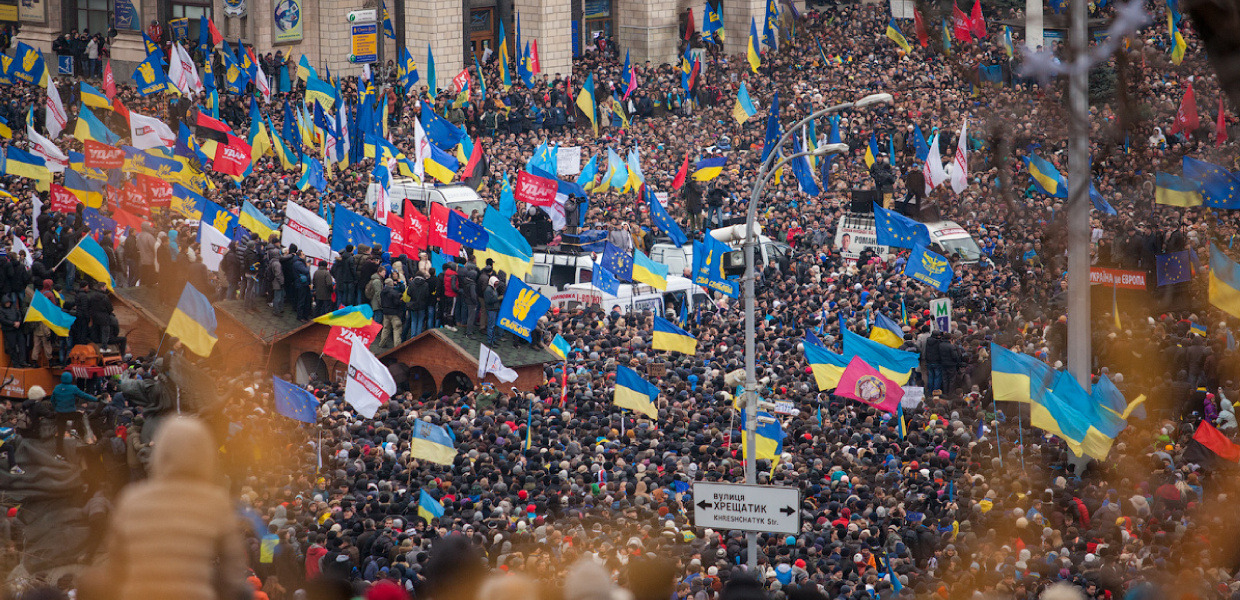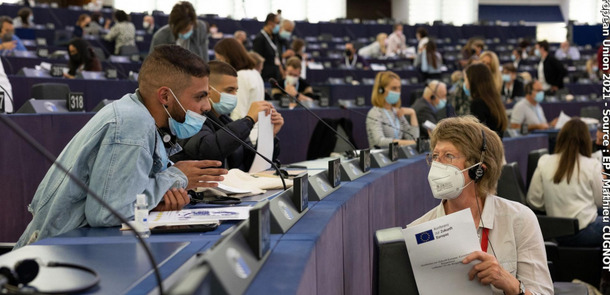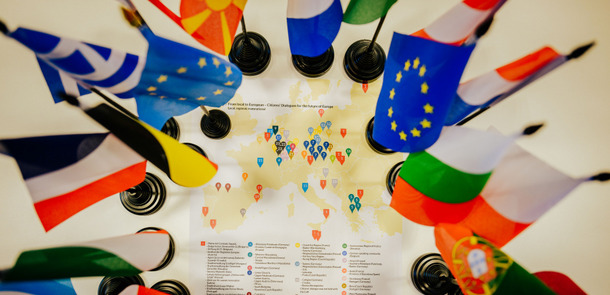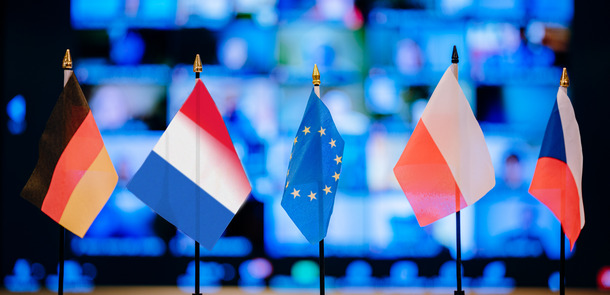Ukraine’s crisis management is again challenged after the prime minister’s resignation and the Dutch "no" in the referendum on the EU association agreement. Three questions answered by Ostap Semerak, First Deputy Head of the Committee on European Integration in the Verkhovna Rada.
Not only do Ukrainians have to establish a new government since Prime Minister Arseniy Yatsenyuk has resigned from his post on Monday. The Dutch “no” in the referendum over the EU association agreement with Ukraine last week has also been a a slap in the face to many Ukrainians who demonstrated for a European future on Maidan in Winter 2013/14. "The Dutch referendum has shown how easily Europe-related topics can be exploited“, says Aart de Geus, chairman of the board of Bertelsmann Stiftung and former Dutch Minister. “The referendum was mainly about criticising Europe, not about Ukraine. Europe must continue actively to support Ukraine on its way towards stability and democracy, and the association and trade agreement with the EU remain crucial instruments in that sense."
We asked Ostap Semerak, First Deputy Head of the Committee on European Integration in the Verkhovna Rada, the Ukrainian parliament. His conclusion: potential negative effects of the Dutch “No“ are more than outweighed by the advantages of the free-trade agreement in place since January 2016.
Bertelsmann Stiftung: How does the Ukrainian public assess the outcome of the Dutch referendum? Is it rather the feeling of being left alone/neglected, or do Ukrainians consider this result rather as a “no” for EU decision-making?
Ostap Semerak: Ukrainian public is rather focused on quick-wins resulting from the provisional application of the DCFTA foremost. They include market access for agriculture and food industry, resulting in increase of exports, and therefore jobs creation and more stable national currency. The expected positive decision on visa liberalisation will even more shade away the referendum results. These views are shared, I suppose, by the pro-European public, which comprises more than 60 % of the respondents in recent polls.
Bertelsmann Stiftung: To what extent does this Dutch “No“ have an impact on domestic affairs and potential re-elections in Ukraine given that just a few weeks ago the government has lost the majority in the Verkhovna Rada?
Ostap Semerak: It will have little impact since we are already in the process of establishment of a new cabinet. The referendum results may be taken into account in the long-term perspective in the political discourse, but will not serve as decision-making criteria right now.
Bertelsmann Stiftung: Will the Dutch “No” be made instrumental by euro-sceptic, pro-Russian or nationalist parties in the country?
Ostap Semerak: Obviously, yes. But this topic will not add more value to their usual discourse of 'different values' and 'different fate'. The story of 'Europe doesn't need us, and the referendum has proven it' is not new, and it will strategically lose to the story of DCFTA-related advantages.




